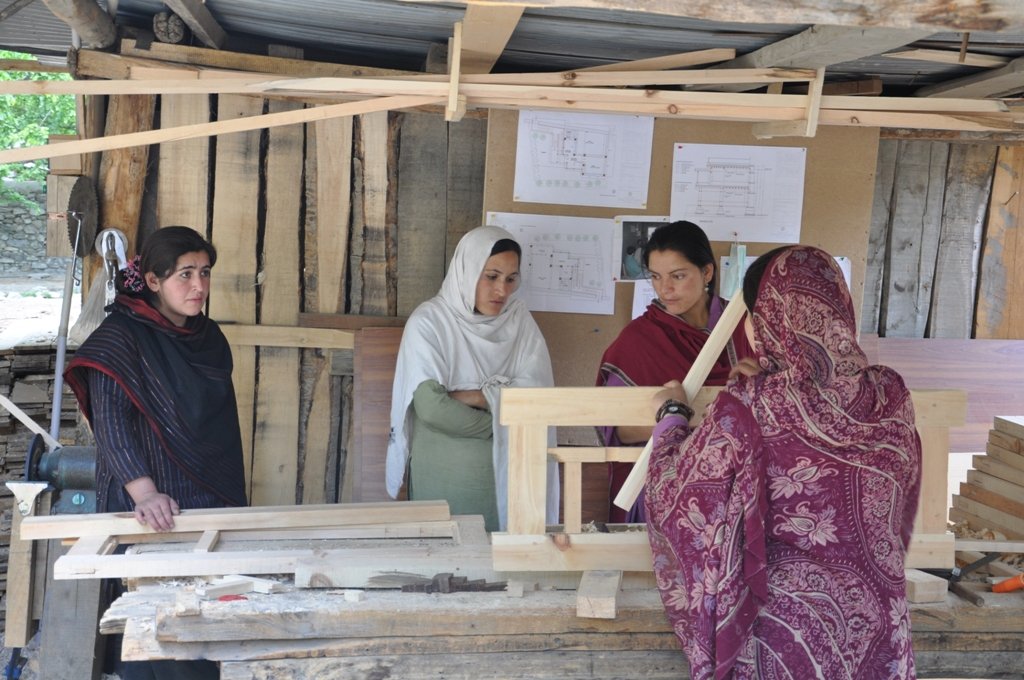Do we want recognition or should we focus on ending our growing social marginalization and economic inequality?
Sultan Abbas
Outsiders perceive Hunzukutz (people of Hunza) as a closely-knit community, rarely mingling with others, mostly self-absorbed and largely boasting of their marginal achievements.
This self-delusional culture has allowed the evolution of an internal competition on flimsy and superficial pretexts. We appear to have lost the broader socio-political and economic goals and the battle to achieving them as well as the associated power structures. Due to our alienation and isolation in the formation of the local social and political institutions, we are excluded from the regimes of policy- decision-making and development in the area to address burgeoning issues being faced by the nealy 100,000 populace.
For instance, there is no electricity in most part of Hunza; the public health services are in appealing conditions; the communication infrastructure other than KKH is either non-existent or in a shambles; the district’s legitimate share in government jobs is abysmally low; the people of Hunza are not meaningful stakeholders in regional businesses except a few corrupted tin-pots; the share of the 100 per cent literate community in governance, decision-making and all levels of our polity is nominal.
How this terrible state of alienation, dispossession and economic sidestepping can be reversed or maybe history has ended for us and we are focusing on solving the technical problems of the day.
“The end of history will be a very sad time dominated by economic calculation, the endless solving of technical problems, environmental concerns, and the satisfaction of consumer demands.”
Thus Francis Fukuyama wrote in his book, The End of History, written at the end of the Cold War in 1989 celebrating the triumph of Western liberal democracy over Soviet communism. Here he argued and promoted the Hegelian notion of “struggle for recognition” as the major motor of history while ignoring Marxian ideas of the inherent structure of economic relations with the productive technologies with which these are interwoven.
A few decades down the line competition for economic relations driving wars, conflict and geostrategic re-alignments in our region tells us that history has not ended yet for us, especially the poor and marginalised Hunzukutz, in the way Fukuyama had envisaged.
![]()
Sultan Abbas has studied Global Politics at London School of Economics and Social Science. He works in an international development organisation.

